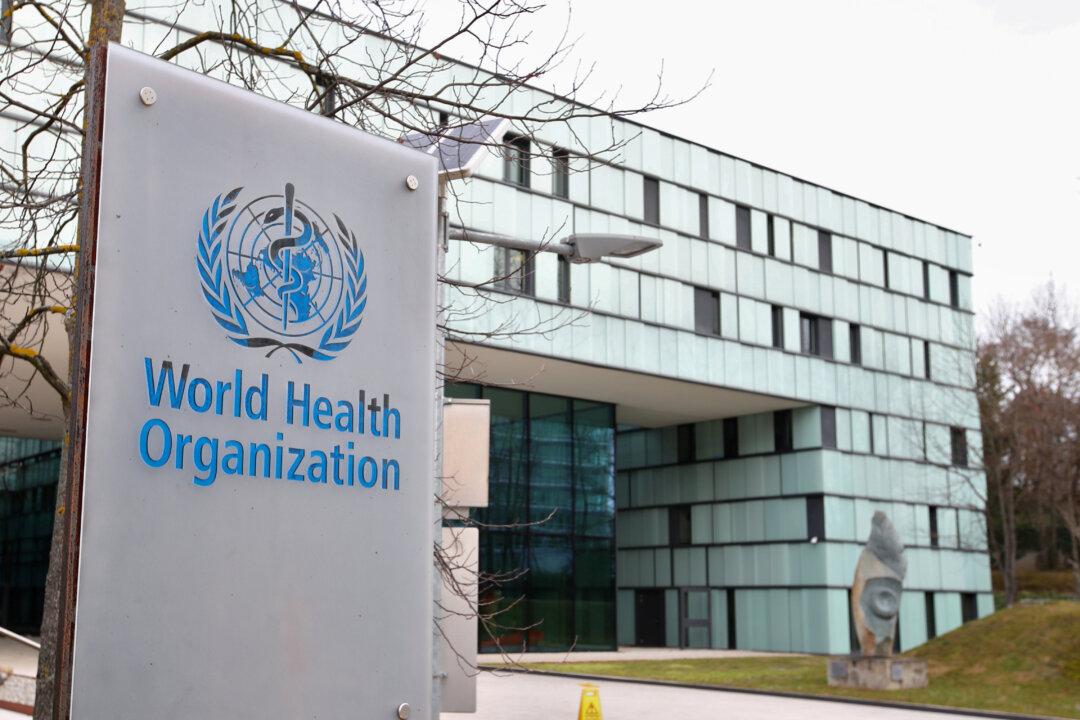The United States on Tuesday joined more than a dozen other nations to express shared concerns about a World Health Organization (WHO) study into the origins of the CCP virus, pointing to the report’s delay and lack of access to crucial data.
“Together, we support a transparent and independent analysis and evaluation, free from interference and undue influence, of the origins of the COVID-19 pandemic,” reads the statement signed by the governments of Australia, Canada, the Czech Republic, Denmark, Estonia, Israel, Japan, Latvia, Lithuania, Norway, South Korea, Slovenia, the United Kingdom, and the United States.





